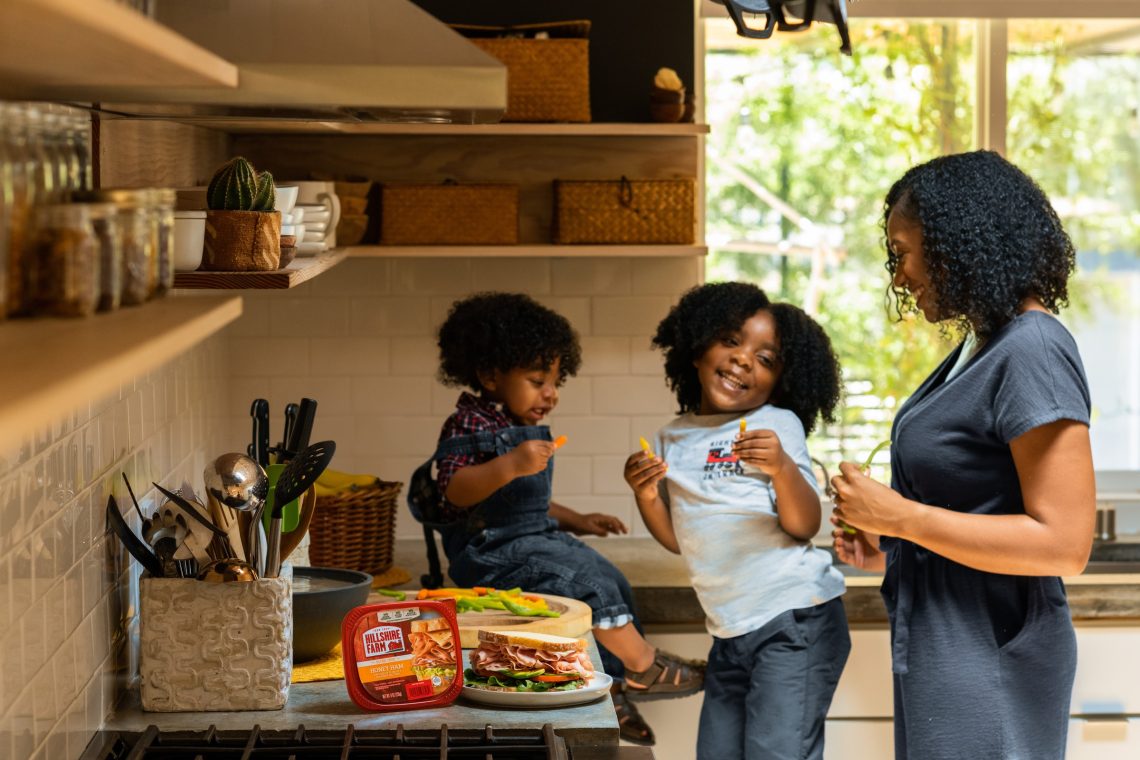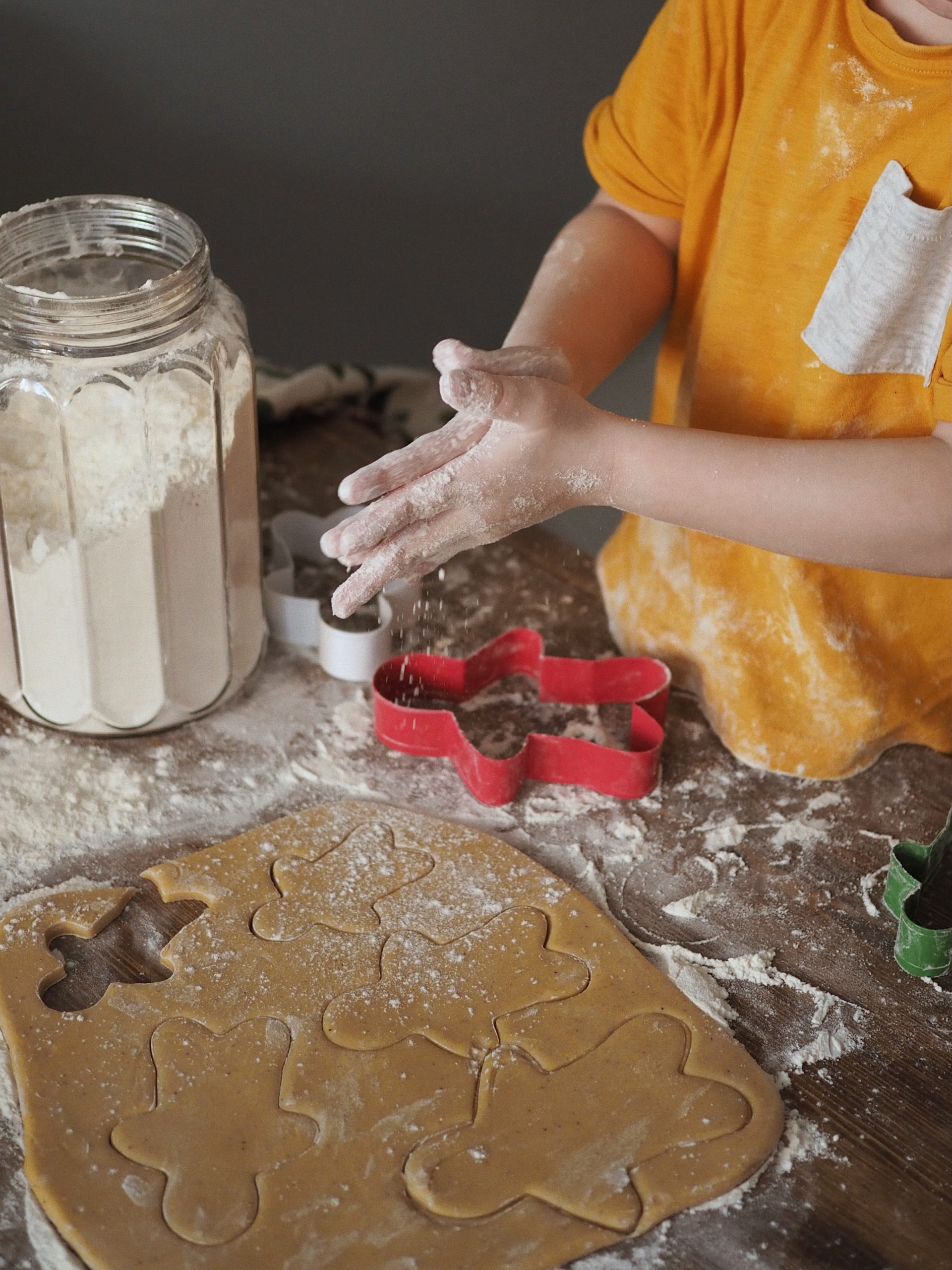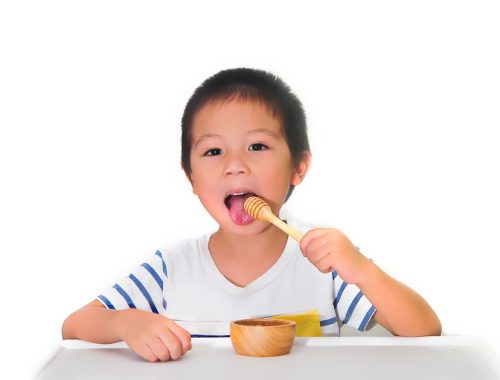
Teach Your Children How To Cook
Children in the learning phase are naturally curious. Their education comes in stages depending on their age. They may be playful in their early years, but their curiosity evolves as they grow. Children have a natural desire to learn, but it is up to parents and educators to encourage and guide them to take each step. Simple rhymes involving numbers, often from 1 to 10, can motivate them to learn a little more about numbers. Parents should help children develop psychomotor, cognitive, and emotional skills by creating a supportive environment.
Children and cooking

Cooking is just one way to help children develop. Children can be introduced to cooking from the age of 2. In the beginning, the learning will certainly not concern the preparation of the ingredients and the cooking. He will become familiar with the kitchen utensils you will use, touch and wash the vegetables, know their names, and already learn to identify the taste. This is also the time to teach them the things they should not do: touching the butcher knives (forbidden until they are adults), the baking tray, and the oven.
From age 2 to 5
At this age, introduce your child to simple tasks, starting with washing fruits and vegetables. Prepare the ingredients for your dishes in containers ahead of time and have them pour them as you ask. Have him do simple tasks like using whisks or stirring with a wooden spoon.
By age 4, he or she is already able to perform simple tasks such as breaking eggs, spreading butter on bread, kneading pasta, or mashing cooked vegetables or fruit. Don’t expect him to do it with dexterity because that’s not the point. The point is that he should at least know what he’s eating every day, become familiar with the taste, and actively participate in the preparation, even in a playful way.
From 5 to 8 years old
By age 5, children are able to do more difficult things, such as squeezing oranges or lemons, peeling cooked vegetables or hard-boiled eggs, using a rolling pin to roll out dough on a work surface or table, shaping dishes using cookie cutters, for example. He can also help you set and clear the table before and after meals.
From age 8 and up
If you’ve taught your child to learn about cooking early on, by age 8, he or she will be able to actually help you with a number of household tasks. You can have your child pick up and store ingredients and spices in cupboards or on shelves. They can weigh or measure ingredients for you (under your supervision, of course). They can identify all the fruits and vegetables, check the contents of the refrigerator and make a list of errands to be done, put away and wash kitchen utensils, and clean the work surface.
From 12 years old
Your child is already a budding cook at this age. He or she can prepare simple dishes, starting with simple operations like separating egg whites and yolks. He or she can now use the stovetop for cooking dishes without boiling or in the oven by starting with simple things (small cookies you’ve made with him or her).
From the age of 14

At this age, he can already prepare breakfast or dinner on his own without your help. He can also prepare simple dishes, such as cooking pasta, chopping and sautéing vegetables, meat or fish, and setting up the dish. But now you can introduce him to more challenging dishes. This can help him to be more independent once he reaches adulthood, and why not make it his profession if he finds the interest?
Sound off in the comments section below, and tell us what you want to read next and if you want to read more about teaching your kids how to cook.
You May Also Like

6 Activities To Do With Your Kids This Summer
2022-05-05
What To Do When Your Child is a Poor Eater?
2022-08-13

